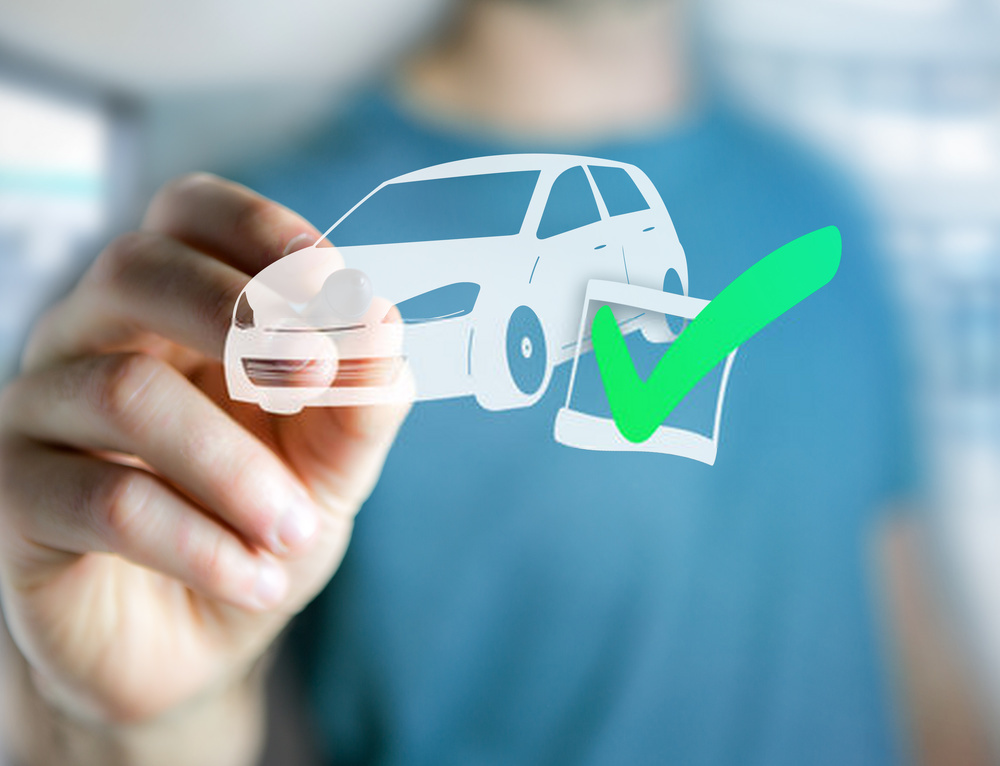The MOT Check includes the current expiry date. It also indicates whether or not the MOT has expired. MOT testing is a legal requirement in order to make sure your vehicle meets UK safety standards. Driving without a valid MOT certificate is a crime that can lead to a PS2,500 fine, three points and even a driving ban.
You could lose your insurance coverage if you do not have a valid MOT. To tax a vehicle or take out insurance, you will need a valid MOT. Your MOT may have expired and your existing insurance could be invalid. This could lead to problems if you need a claim. You can view a detailed history of a vehicle’s MOT history on our website. This includes failed and successful tests.
Do a free check reg lookup
Simply enter your license plate number below.
When is it time to get an MOT?
After their first year, some vehicles will need an MOT. They are only applicable to certain types of vehicles:
- Taxis and ambulances
- Private passenger cars with at least 9 seats
Every vehicle must have an MOT performed when it is three years old and every year thereafter. However, certain types of vehicles are exempted from this requirement, including motorbikes, vans, cars and vans.
- Motorbikes and cars made before 1981
- Electric goods vehicles registered prior to 1 March 2015.
- Tractors.
You will need an MOT if your vehicle is older than three years. Use our MOT Check to determine the date.
What is a MOT Check?
An MOT is used for testing parts of your vehicle in order to ensure they comply with the legal road safety standards and environmental standards. It is not used for servicing your vehicle or checking its mechanical condition.
Unless a vehicle is exempt, all road legal vehicles are subject to MOT testing. Only a licensed MOT tester should perform an MOT at an approved testing centre. This sign will have three white triangles and a blue sign. Sign for the Blue MOT Test Centre with 3 White Triangles
The following items will be examined as part of the test:
- Vehicle body and vehicle structure
- All towbars, including the electrical socket, must be installed
- The fuel system
- Emissions and exhaust system
- Seats and seatbelts
- Doors, bonnets, and mirrors
- Load security (the tailgate or boot)
- Tires, wheels, brakes
- Vehicle identification number (VIN), registration plates
- Lights, horn and speedometer
- Washers, washers, and wipers
- Steering and suspension
- Batteries and electrics
What happens if I don’t have a valid MOT?
Driving without a valid MOT certificate can result in a fine of up to PS1,000. You can drive to an MOT test appointment or to and from the garage where your vehicle’s repairs are being done. There are exceptions. If you’re stopped by police in this situation, they may ask for proof of your MOT testing appointment.
A vehicle may fail its MOT if it has a dangerous fault. It can be dangerous for you and other road users. For example, if the brake lights stop working. You can get three points for driving a vehicle that has failed its MOT due to a dangerous problem.
Driving without a valid MOT could result in a suspension of your driving privileges, points on your license, and a possible fine.
If my MOT fails, can I still drive my vehicle?
You can drive your vehicle as long as your MOT certificate remains valid. You will need to have the vehicle repaired if you find any dangerous issues.
As we have already mentioned, driving a vehicle with dangerous defects after it has passed its MOT could result in you being banned from driving, as well as a heavy fine.
What is the cost of an MOT?
Your vehicle will determine the exact cost, but the maximum car cost is PS54.85, and the standard motorbike cost is PS29.65. A complete breakdown of MOT costs can be found on GOV.UK
What is the best way to find out the MOT history of my vehicle?
Our website allows you to view your vehicle’s history including failed and successful MOTs.
You can also do other vehicle-related verifications to ensure your complete safety and security when making vehicle-related decisions.

